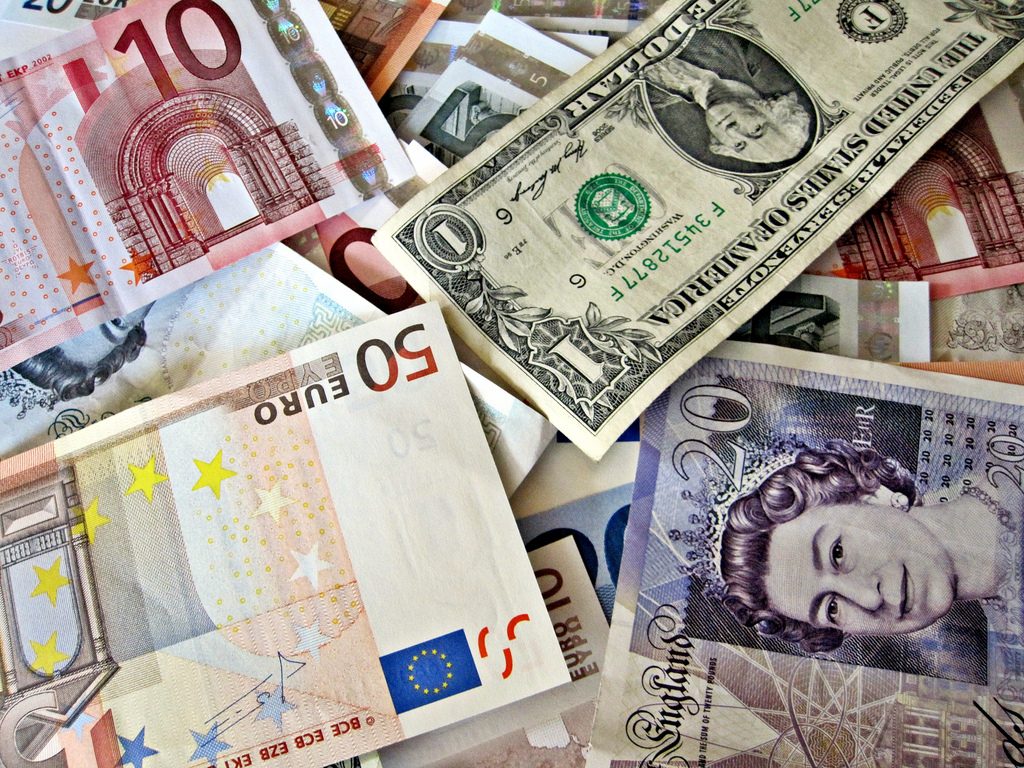
“It’s not about the money, money, money, we don’t need your money, money, money,” according to Jessie J. Or is it? For the first time, the BBC has been obliged to reveal the salaries of employees and freelancers earning over £150,000, under the terms of its new Royal Charter.
Perhaps more revealing than the amounts themselves (separated into broader £50k brackets) is the fact that there appears to be a substantial gender, and indeed ethnic, discrepancy among the Corporation’s biggest stars.
Radio 2 DJ Chris Evans unsurprisingly tops the list, with a salary range between £2.2m and £2.25m in the year 2016/17, whilst the highest-paid female was Claudia Winkleman, who earned between £450-500k. According to the figures released, around 2/3 of the stars earning over £150k are men.
“More To Do”
Director-General Tony Hall said that although the BBC was more diverse than the broadcasting industry and the Civil Service, he recognised there was much more to do in terms of gender and diversity:
“On gender and diversity, the BBC is more diverse than the broadcasting industry and the Civil Service. We have set the most stretching targets in the industry for on-air diversity and we’ve made progress, but we recognise there is more to do and we are pushing further and faster than any other broadcaster.”
At the moment, of the talent earning over £150,000, two-thirds are men and one-third are women. We’ve set a clear target for 2020: we want all our lead and presenting roles to be equally divided between men and women. And it’s already having a huge impact. If you look at those on the list who we have hired or promoted in the last three years, 60% are women and nearly a fifth come from a BAME background.”

Sex Discrimination?
There is no doubt that the publication of this sensitive information has created a backlash, with the BBC now in jeopardy of sex discrimination claims from female stars. According to Keely Rushmore, a senior associate at SA Law:
“The statistics could well lead to claims of sex discrimination by female stars. The BBC will need to show that the difference in pay is not directly on the grounds of sex, but also that – to the extent that it asserts it relates to other factors such as viewers’ demands and preferences – the differential treatment is justified.”
It could be argued that the figures themselves are not especially astounding. According to the BBC’s own Media Editor Amol Rajan, the Corporation pay below market rates in many cases, and the publication of the salaries will actually prove inflationary:
“If you ask experienced people in the world of broadcasting what they think of these salary disclosures, three clear and consistent points are apparent. First, the BBC pays below – and sometimes much below – market rates, both at management level and in terms of top broadcasting talent.
Second, this move will prove inflationary. Those on the list will think to themselves: “Why is that inferior presenter getting paid more than me?” – and will demand a pay rise. Third, if you thought it was tin hat time for the talent, pity the poor agents they work with.”
Disparity
By far the biggest issue is the disgraceful disparity between male and female stars, as well as ethnic minorities – only newsreader George Alagiah, sports presenter Jason Mohammad and DJ Trevor Nelson made over £150k.
Some high-earning stars are not included in the list as they were paid through independent production companies, or may have received their pay through BBC Worldwide, the commercial arm of the corporation.
As a publicly-funded organisation, it is absolutely right that salaries are made public, to allow for the very scrutiny currently being undertaken. And if it shows, as it does, a major disparity in pay between presenters of the same kinds of programmes, then so much the better, and reform is desperately needed.
Newsflash!
Obviously, if the senior male newsreader Huw Edwards (£550-599k) presents significantly more bulletins (and other programmes) than his female counterpart Fiona Bruce (£350-399k), then so be it – nothing unfair in that. But otherwise….
The BBC will argue, and perhaps correctly, that salaries are a matter for individual contracts based on the programmes the stars appear on or present, times of day they are presenting, length of time with the Corporation and a host of other factors.
The publication of these salaries is certainly the first step on the road to better transparency and let’s hope that they are used to reform any unfair (and/or illegal) practices, rather than just serving as salacious tabloid fodder, and stick with which the BBC can be beaten.
The BBC is still one of the foremost broadcasting companies in the world, delivering a huge variety of high-quality programming across all kinds of media. Anything which puts that at risk, including driving out any or all of the outstanding talent at their disposal, would be nothing short of a tragedy.
For a comprehensive list of BBC salaries, click here.
